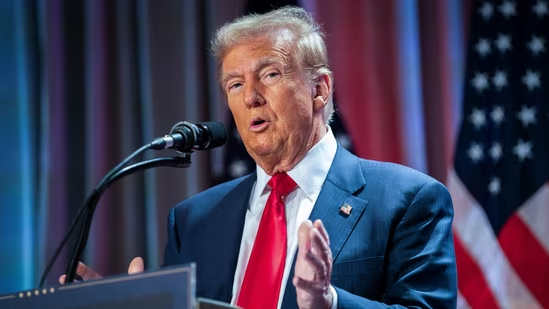The Arrest Operation
The arrest warrant for Yoon Suk Yeol was executed by an unprecedented force of approximately 1,000 officers from the Corruption Investigation Office for High-Ranking Officials (CIO). This followed his failure to comply with a district court’s summons for questioning on charges of insurrection. The first attempt to arrest Yoon on January 3 was thwarted by his security detail at his residence, necessitating a renewed and meticulously planned operation.
Yoon’s detention has drawn intense scrutiny as the charges against him, including insurrection related to his martial law declaration on December 3, 2024, carry severe penalties, potentially including the death sentence. This charge is not protected by presidential immunity, making his arrest legally permissible and politically explosive.
Backdrop of Controversy
Yoon’s declaration of martial law came amidst his claim of combating “North communist forces” and “anti-state elements.” This move triggered widespread protests and condemnation, with critics accusing him of using martial law as a tool to suppress dissent and consolidate power. South Korea’s National Assembly responded by impeaching him on December 14, 2024, setting the stage for his historic arrest.
Despite his impeachment, Yoon’s supporters have organized protests, arguing that his actions were necessary for national security. His detractors, however, view this as a blatant abuse of power and a threat to South Korea’s democratic foundations.
Yoon’s Defiant Message
Before his transfer to the CIO for questioning, Yoon released a pre-recorded video message expressing his indignation. In it, he claimed, “This is not just about me; this is a collapse of the rule of law in South Korea. The warrants issued against me are illegal, and this arrest is nothing but a public humiliation.”
His message has fueled debates over the legal and political ramifications of his arrest, with supporters framing him as a victim of political vendettas and opponents highlighting the necessity of accountability.
Political Implications and Ongoing Legal Proceedings
Yoon’s arrest has sparked a heated debate about the Constitutional Court’s role in determining the permanence of his impeachment. The court is currently deliberating on whether to uphold the legislative decision, a ruling that will have far-reaching consequences for South Korea’s political landscape.
This arrest also underscores the volatile state of South Korean politics, where corruption scandals and abuses of power have previously ensnared leaders. Yoon’s case, however, stands out due to its timing and the severity of the allegations, which go beyond financial impropriety to include accusations of undermining the very democratic principles he was elected to uphold.
Expert Analysis and Historical Context
Political analysts have drawn parallels between Yoon’s case and previous instances of South Korean presidents facing legal challenges after leaving office. However, the arrest of a sitting president represents uncharted territory, emphasizing the growing strength of democratic institutions in holding even the highest office accountable.
Dr. Kim Min-Jae, a political science professor at Seoul National University, remarked, “This moment is pivotal. It signals both the resilience and the fragility of South Korea’s democracy. The arrest demonstrates that no one is above the law, but it also highlights the deep divisions within our society.”
Frequently Searched Questions Answered
- Has South Korean President Yoon Suk Yeol been arrested? Yes, Yoon Suk Yeol was arrested on January 15, 2025, following his impeachment and failure to comply with legal summons.
- Why was the South Korean president arrested? Yoon was arrested on charges of insurrection linked to his controversial martial law declaration, which he justified as a measure against “anti-state forces.”
- Where is Yoon Suk Yeol now? He is currently in the custody of the Corruption Investigation Office for High-Ranking Officials (CIO), undergoing questioning.
- What are the potential penalties for the charges against him? The charges of insurrection carry severe penalties, including the possibility of a death sentence, as they fall outside the scope of presidential immunity.
- What happens next in South Korea’s political landscape? The Constitutional Court is deliberating on whether to uphold Yoon’s impeachment permanently, a decision that will have significant implications for the nation’s political future.
Conclusion and Future Outlook
Yoon Suk Yeol’s arrest is a watershed moment for South Korea, reflecting both the nation’s commitment to the rule of law and the challenges of navigating political divisions. As the Constitutional Court prepares to issue its ruling and investigations continue, the implications of this unprecedented event will resonate far beyond South Korea’s borders.
Observers will be closely watching how this crisis unfolds and its impact on the nation’s democratic institutions. For now, the arrest serves as a potent reminder of the delicate balance between power and accountability in a modern democracy.
Sources and References:


